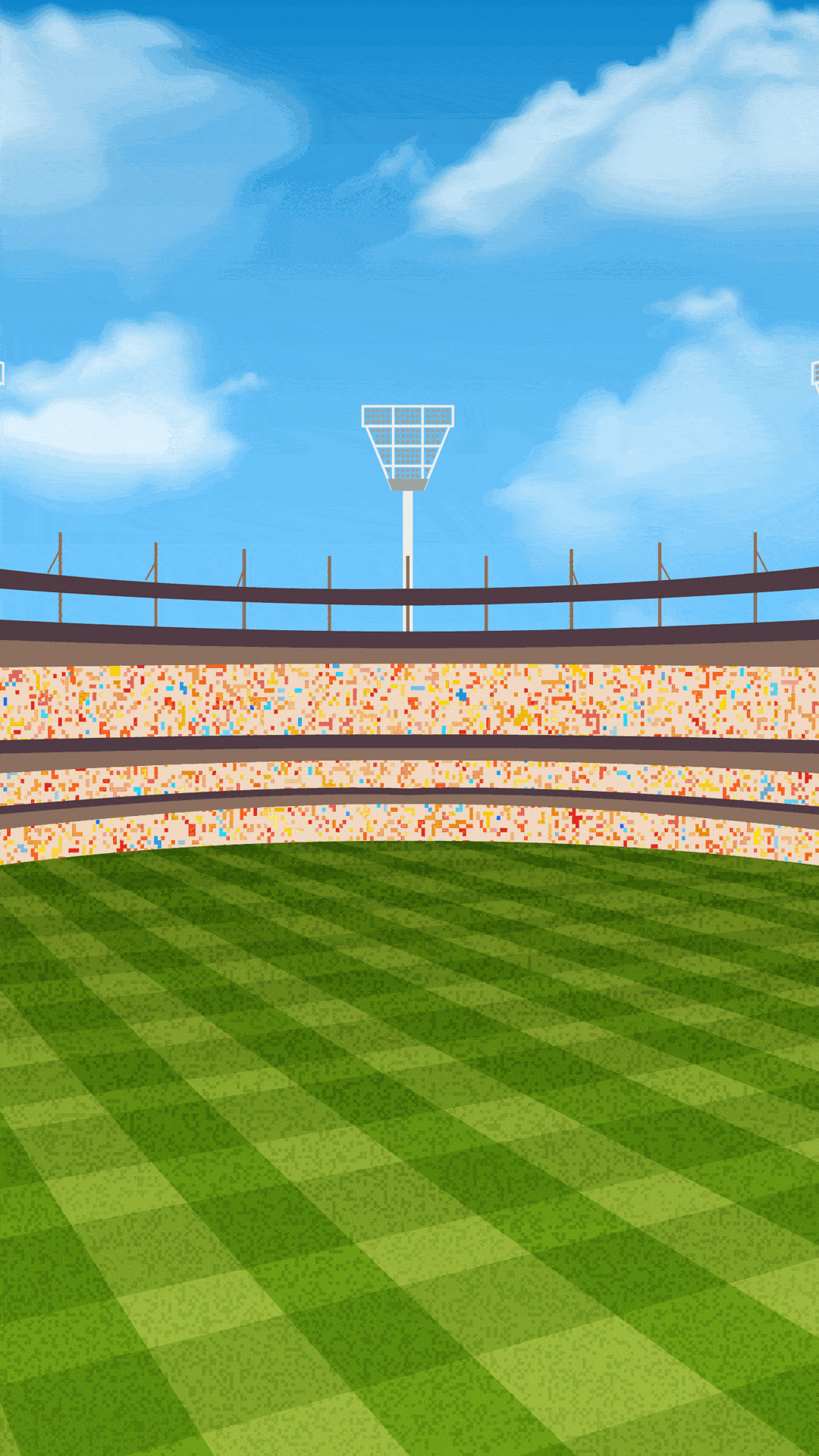For all of Chelsea’s efforts to rebuild under Enzo Maresca, there’s one area where the club continues to lose ground — discipline. The Italian manager has openly acknowledged what many fans and pundits have already noticed: Chelsea have a serious fair play problem.
The Blues currently sit bottom of the Premier League’s fair play table, having collected a staggering number of yellow and red cards in just a few months. In fact, they’ve rarely managed to finish a game without seeing a card flashed — and in several matches, they’ve been forced to play with 10 men.
Maresca’s side has earned 17 yellow cards and five reds, making them statistically one of the most undisciplined squads in England’s top flight. Even the manager himself hasn’t escaped the storm — he was sent off earlier this season after receiving two bookings against Liverpool, earning a one-match touchline ban.
“It’s something we can do better,” Maresca admitted in his press conference. “Some of the red cards, we can avoid that.”
It’s a diplomatic response, but the data tells a harsh truth. On two occasions, Chelsea’s dismissals have directly cost them points — both Manchester United and Brighton took advantage of the Blues’ reduced numbers to secure wins. Their one calm night in recent memory came in the Carabao Cup win over Lincoln, the only match in the past month where Chelsea finished with a full eleven on the pitch.
To make matters worse, the team’s disciplinary issues seem to have become part of the club’s culture. Several players — from veterans to young stars — have found themselves caught up in unnecessary fouls or rash challenges. Even when leading games comfortably, Chelsea have shown a tendency to lose composure, turning simple wins into scrappy, nerve-wracking finishes.
Maresca knows that such habits can undermine everything he’s trying to build. His football philosophy — possession-based, structured, and calm under pressure — is incompatible with reckless cards and emotional reactions. Yet that’s exactly what his team keeps producing.
Captain Reece James, who’s been one of the few consistent voices in the dressing room, has tried to downplay the situation. James said: “If you look at all of them, they’re very different red cards. They’re not straight reds; they’re mostly double bookings. It’s a split second — you go for the ball and mistime it.”
While James’ defense might sound reasonable, it doesn’t erase the fact that the team’s lack of emotional control is systemic. When even the captain is brushing off repeated red cards, it highlights a mindset problem more than an accident of timing.

























